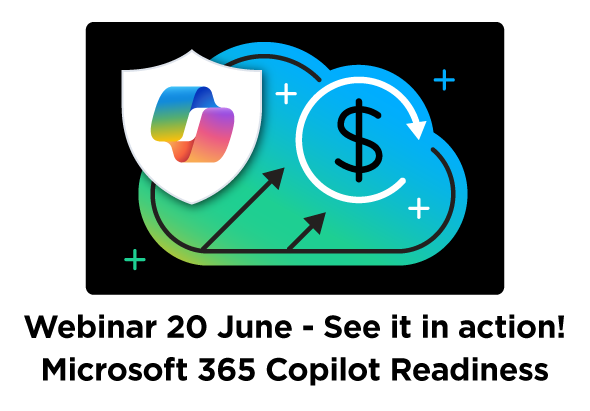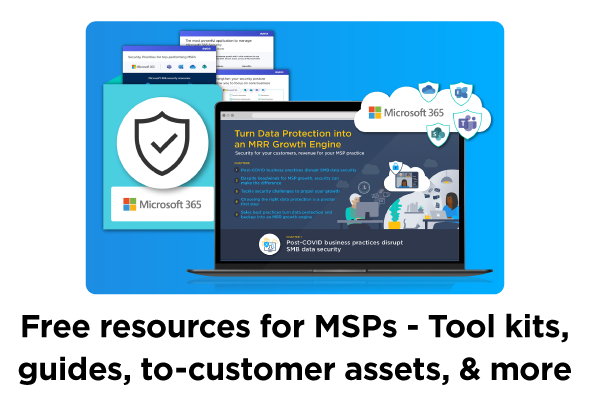Microsoft implemented significant changes to its Microsoft 365 and Office 365 plans across various channels on October 1, 2023, affecting the European Economic Area (EEA) and Switzerland. To drive global consistency, these updateshave been extended to all markets as of April 1, 2024, altering the landscape for Microsoft Modern Work Partners. One key change is the separation of Teams from certain Microsoft 365 and Office 365 suites, which presents new opportunities for MSPs.

Understanding the Changes
New Microsoft 365 suites that no longer include Teams
The primary change involves new Microsoft 365 and Office 365 suites that no longer include Teams, effectively ending the sale of previous Enterprise suites that bundled Teams (more information here). This includes Office 365 E1, E3, E5, M365 E3, and E5 suites. Additionally, a new standalone Teams Enterprise offering has been introduced, emphasizing its importance as a standalone collaboration tool.
It is important to note that Frontline Worker (i.e. F1, F3) and Business Suites (Basic/Standard/Premium) licensing will continue to enjoy the flexibility and still be offered both options.
Impact on Customers
Price increases for Enterprise customers who want Microsoft 365 and Microsoft Teams
MSPs now face the challenge of articulating the value of Teams as a separate SKU for enterprise customers, which may not have been necessary in the past when it was more deeply integrated into Microsoft 365. Enterprise customers who want Microsoft 365 and Teams will need to consider the average price increase between $1.75 and $2.25. While there are IT operational benefits to Partners when managing customers within the Microsoft platform, MSPs need to make a stronger and more compelling business case for Teams to their larger enterprise customers.
Seizing the Opportunity
Opportunity for MSPs to drive additional value
The separation of Teams presents an opportunity for MSPs to differentiate themselves and drive additional value for their enterprise customers. To get ahead, below are a few key recommendations:
Understand internal and external communication
Businesses can have varied forms of communication (i.e. email/phone/video) and preferences for the type of communication may differ based on team and persona. This is why it’s important to understand communication dynamics within customer organizations to tailor your approach and better understand how they do business.
Understand the collaboration competition
Customers will likely explore alternative solutions. This is why it is important to familiarize yourself with competitors in the collaboration space such as Zoom, Google Hangouts, and Slack. Better knowledge of the advantages and disadvantages of other solutions will ensure you successfully compete and effectively position Teams and yourself.
Highlight the better together Microsoft 365 / Teams story
It is important to ensure customers understand the benefit of making the most of their Microsoft investment. Emphasize the deep integration between Microsoft 365 and Teams, showcasing how features like presence statuses, data accessibility, and platform security come into play. With the emerging demand around AI, it is also important to note how data in Teams can be better utilized by Microsoft Copilot when it’s within the ecosystem.
M365 Data Protection and Planning
As you advocate for the adoption of Teams, it is important to also prioritize data protection. What is evident is that Microsoft Teams is the hub for modern work where most business conversations take place. Microsoft Teams usage generates valuable data in the form of Teams Chat and Planner tasks, making backup and protection essential. By incorporating data protection into your customer solutions, you ensure their critical information remains safeguarded, irrespective of where they are on their Microsoft 365 journey.
The separation of Microsoft 365 and Teams presents new opportunities for MSPs
By adapting to these changes, understanding enterprise customer needs, and emphasizing the value of Teams as a standalone solution, MSPs can position themselves as trusted advisors to drive business growth in modern work. To learn more about protecting this valuable data please head to our Teams page


